Media: Television

Wilma Shore
Wilma Shore was a writer and teacher most active between the 1940s and the 1960s. She lived at various times in Los Angeles and New York City, settling finally in New York City. Involved with left-wing political activity, she and her husband were blacklisted during the House Committee on Un-American Activities hearings.

Beverly Sills
Beverly Sills was a trailblazing opera singer who, after a robust singing career at the New York City Opera Company (NYCO) and the Metropolitan Opera House, became the first female director of the NYCO, and the first female chair of the Lincoln Center board. Sills defied the odds in her career accomplishments while raising two children with disabilities and being actively involved with several charitable organizations.
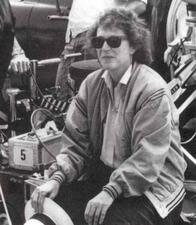
Joan Micklin Silver
Award-winning director and screenwriter Joan Micklin Silver, born in 1935 in Omaha, Nebraska, wrote and directed the 1975 barrier-breaking independent film Hester Street, which sparked an interest in the lives of immigrant Jews. She also directed Crossing Delancey (1988), five other feature films, and several films for television.
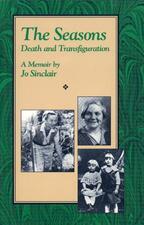
Jo Sinclair

Jenny Slate
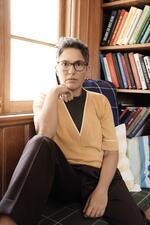
Joey Soloway
Activist, director, and creator of groundbreaking and critically acclaimed series such as Transparent, I Love Dick, and others (and writer for series such as Six Feet Under and United States of Tara), Joey Soloway (previously known as Jill) is also a social activist, considered one of the strongest advocates for women, queer, and nonbinary identities in Hollywood. Soloway identifies as nonbinary, and Judaism, feminism, and modern Jewish culture are resonant themes in their work.
Jewish Gender Stereotypes in the United States
Stereotypes of Jews have existed from their arrival in the New World to the present. Jews were portrayed as greedy, unscrupulous, and unrefined. However, Jews also created stereotypes about one another based on class, gender, and religion. Specifically, the Ghetto Girl, Jewish Mother, JAP, and others reflected tensions between genders about the place of Jews in the economy and culture.
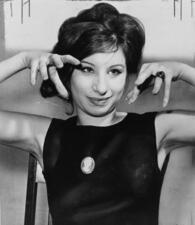
Barbra Streisand
Sara Sugarman
Sara Sugarman is a Welsh-born movie director and actor, who made her mark as a small-screen performer before stepping behind the camera to direct international award-winning movies with a Welsh twist.
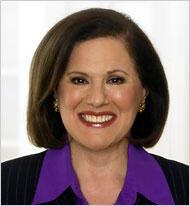
Marcy Syms

Television in the United States
Jewish women have had a long-standing, complex, often fraught relation to American television. They have had to battle a male-dominated production system and sexist stereotypes, but also have seen significant advances, in front of and behind the screen, resulting from the cable and streaming revolutions and third-wave feminist activism.
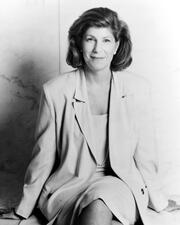
Nina Totenberg
Nina Totenberg has broken important stories on the United States Supreme Court during more than four decades of covering legal affairs for National Public Radio. She helped bring to public attention the previously hidden issue of sexual harassment during the controversial confirmation hearing of Justice Clarence Thomas and has received numerous accolades as a path-breaker in the male-dominated world of Washington journalism.
Sarah Treem

Ivanka Trump
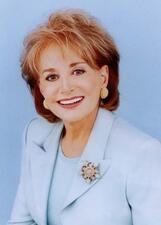
Barbara Jill Walters
Barbara Walters has probably interviewed more statesmen and stars than any other journalist in history. A list of her numerous and timely TV interviews, both on the weekly newsmagazine 20/20 and on The Barbara Walters Specials, reads like a "Who's Who" of newsmakers.

Zoe Wanamaker
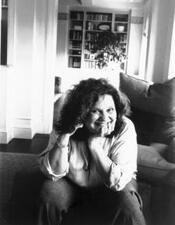
Wendy Wasserstein
In 1989, Wendy Wasserstein won the Pulitzer Prize for The Heidi Chronicles and was the first woman playwright to win a Tony Award. After graduating from the MFA program at the Yale School of Drama, in which she was the only woman, Wasserstein wrote countless dramas, three musicals, various comedy skits for television, and a series of essays published in the New Yorker, Esquire, and Harper’s Bazaar.

Danielle Weisberg

Rachel Weisz
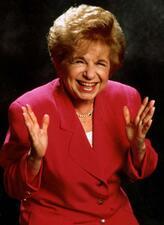
Ruth Westheimer
Ruth Westheimer, who lost her entire family in the Holocaust, served in the Haganah, and received her Ed.D. from Columbia University, was an unlikely candidate for the role of host of a cheerful talk show about sex. However, her celebration of human sexuality, derived from Orthodox Judaism, made her an influential and highly successful proponent of joyful, responsible sex from the 1980s into the third decade of the twenty-first century.

Women Journalists in Israel
Despite social barriers, Jewish women have played an essential role in the creation and propagation of news and journalism in Israel. With the advent of women’s magazines and the popularization of television, women became particularly involved in the news industry. However, while the numbers of female Israeli journalists have increased, women journalists still face gender-based discrimination. In recent years, many have become vocal members of women’s rights movements such as #MeToo and advocates for a more equitable future.



